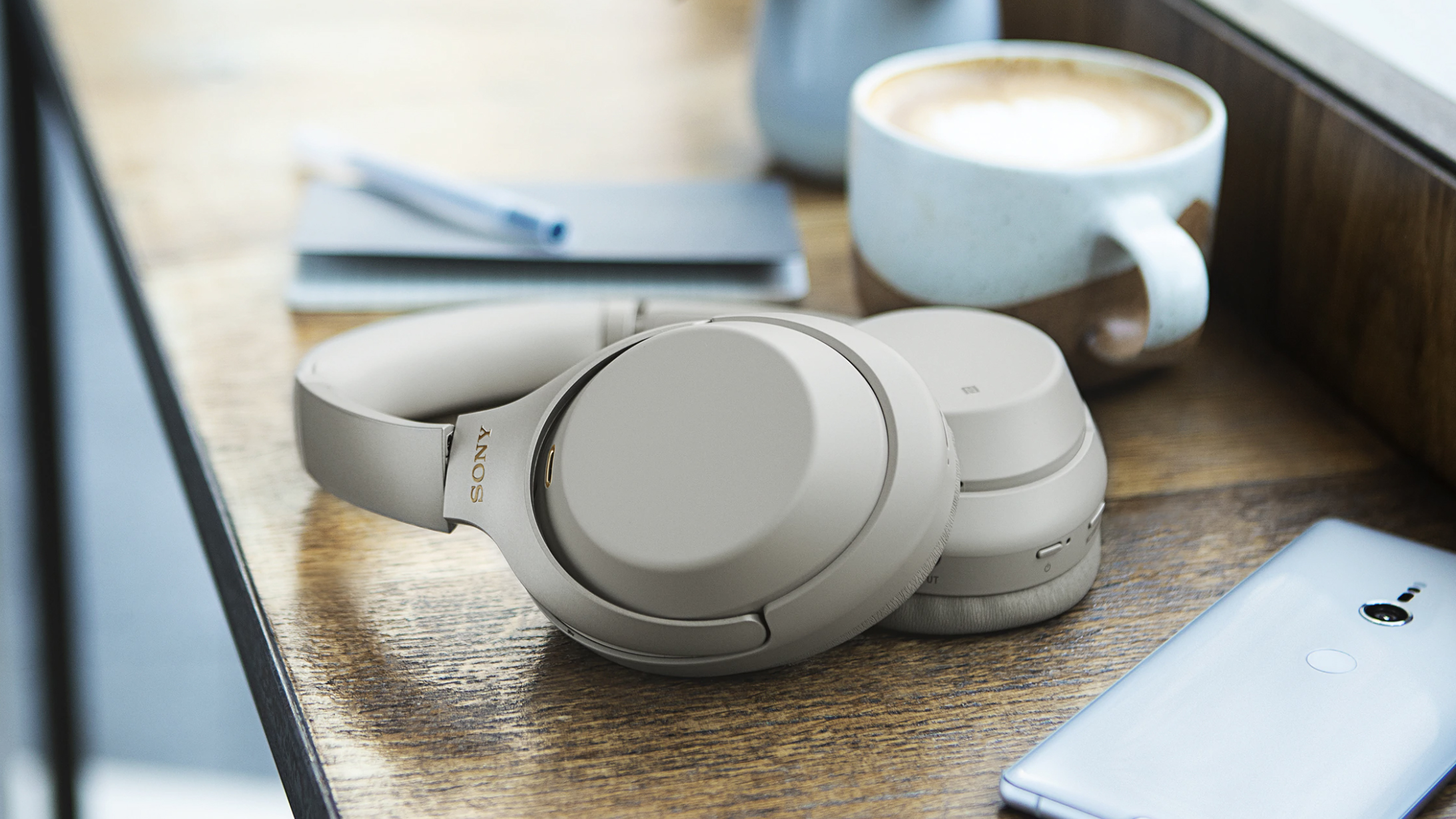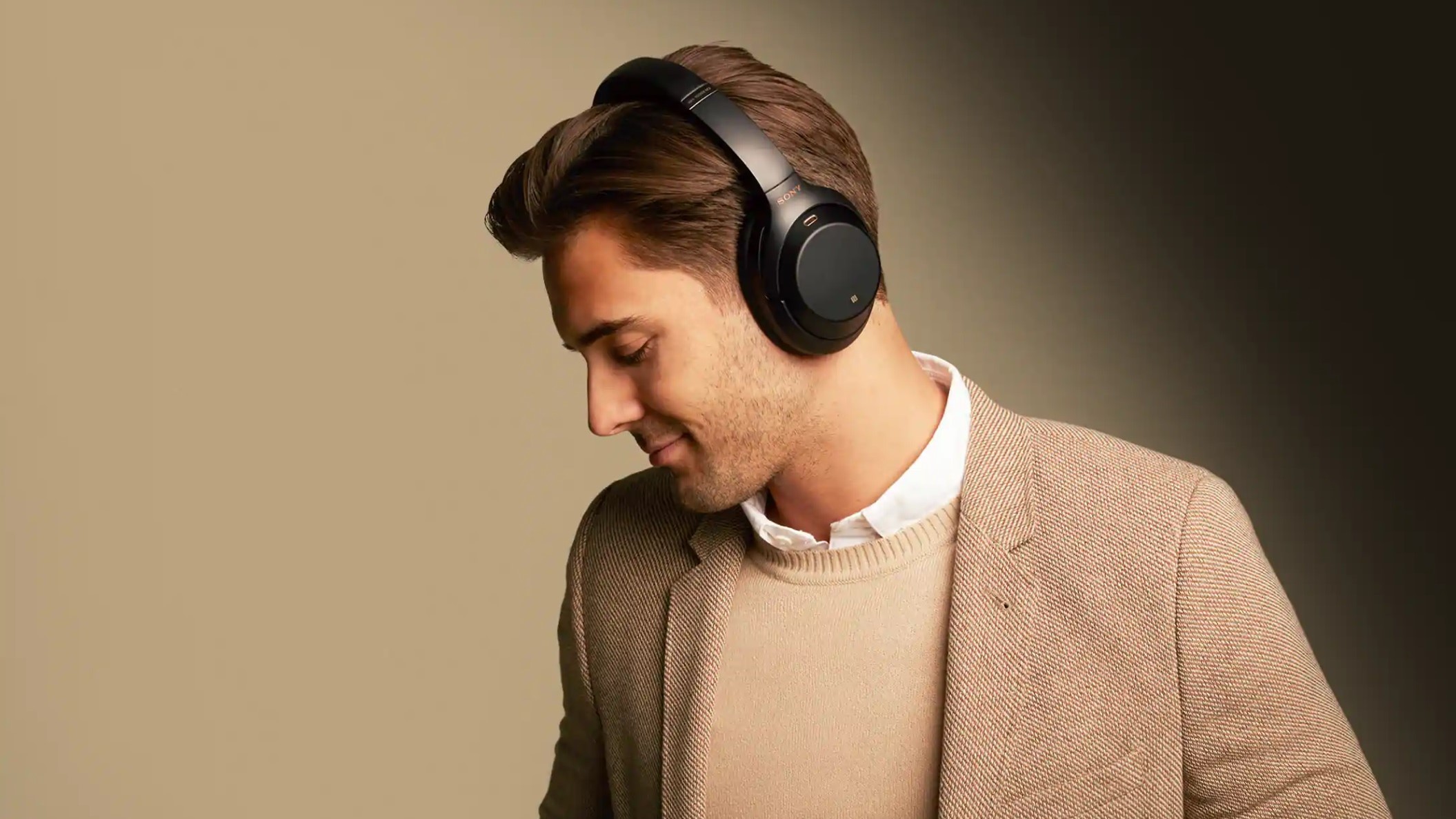The Sony WH-1000XM4 won’t reinvent noise-cancelling headphones – and they don’t need to
Opinion: If it ain't broke, don't fix it

Rumors of the Sony WH-1000XM4 – the successors to the best headphones we've ever tested – have been ramping up in recent months, coming to a head when a Walmart listing that appears to describe all the specs of the new headphones was leaked.
While the existence of the XM4s is yet to be confirmed by Sony, the Walmart listing revealed the kind of changes (or lack thereof) we can expect over the Sony WH-1000XM3.
- Sony WH-1000XM4 release date, price, and rumors
- Read our Sony WH-1000XM3 review
- The best noise-cancelling headphones of 2020
Now, normally we would expect a brand to make some significant changes when bringing out a successor to its last pair of headphones. In this instance, however, we’re relieved that Sony hasn’t tinkered too much with its class-leading noise-cancelling headphones.
Instead, it looks like the company is making some very considered tweaks to the XM3, which could genuinely improve the user experience without detracting from a winning design. As they say, ‘if it ain’t broke, don’t fix it’.
What’s new with the Sony WH-1000XM4?
According to the leaked listing, one of these tweaks is the ability to connect more than one audio source to the headphones at once; multipoint pairing is something users of the XM3s have been calling out for, and it will allow you to pair the WH-1000XM4s with your laptop and your smartphone at the same time.
There should also be a slight improvement to the sound quality. A feature known as “Edge-AI” can restore the detail lost in highly compressed audio files by upscaling them in real time, which Sony says delivers sound “as close as possible to that of a wired connection.”
Wireless headphones have long been considered inferior to their wired counterparts in terms of audio fidelity, so this tweak will likely appease audiophiles who haven’t yet committed to cutting the cord.
Get daily insight, inspiration and deals in your inbox
Sign up for breaking news, reviews, opinion, top tech deals, and more.
Connectivity in general should be improved too, as Sony makes the leap from Bluetooth 4.2 to Bluetooth 5, which brings faster pairing times, connectivity over longer distances, and stronger pairing in high traffic areas.

Anyone who has used the Sony WH-1000XM3s to make phone calls should notice an improvement in the sound quality as well, with a feature called Precise Voice Pickup that uses the headphones’ five microphones and advanced audio signal processing to make your voice sound clearer.
The noise cancellation that made the Sony WH-1000XM3s so popular is also due an upgrade. According to the leaked listing, a feature called Adaptive Sound Control will “learn to recognize locations you frequently visit, such as your workplace or your favorite cafe.”
“In addition it automatically detects what you’re up to – for example, walking, waiting, or traveling – and then adjusts ambient sound settings to best suit the situation,” says Sony. This is a feature that’s already been brought to the XM3s via a firmware update, so we've had a bit of a preview already.
These are all smart tweaks to already-great features. So what’s staying the same with the Sony WH-1000XM4?
What’s staying the same?
Aside from these little tweaks and upgrades, the new XM4s seem to be very similar to their predecessors.
It looks like there won’t be any material changes to the design of the Sony WH-1000XM4s, which we think is a great thing. We loved how comfortable the XM3s felt, with big padded earcups and a soft headband.
They also looked great, with a sleek, minimalist build that appeals to a wide range of people, and we liked the touchpad controls – another feature that will be making a return.
The sound quality shouldn’t change substantially either, aside from that AI upscaling feature that will help to curb the data loss from highly compressed files. Judging from the leaked listing, the XM4s will use the same 40mm drivers as their predecessors and support for Sony’s LDAC transmission technology – and as the XM3s are among the best-sounding headphones on the planet, we’re happy to see that the audio profile hasn’t been tweaked too much.
Some may be disappointed to find that there’s no improvement to battery life – but with 30 hours of juice, the Sony WH-1000XM3 weren’t exactly short-lived. Plus, with a return of USB-C fast charging, the XM4s shouldn’t take too long to top up.
A considered approach
Sony has a history of making careful tweaks to its products with each upgrade, and it’s something we’ve seen with the brand’s noise-cancelling 1000X range before.
It’s a great way of instilling a sense of trust in the products, and it makes us feel confident that each new upgrade will bring genuinely useful updates, rather than skin-deep design changes that don’t really improve the experience of using the headphones.
Sony wouldn’t be able to be subtle with its upgrades to the 1000X series if the original product wasn’t so good – and in a market where every company is trying to outdo one and other with headline-grabbing features like gesture controls and built-in AI (like the TicPods Pro 2), it’s a risky move to let the sound, feel, and look of the headphones speak for itself. That's especially true with the first-ever Apple over-ear headphones looking like they're going to launch in a matter of weeks and shake up the headphones market.
Trends (or gimmicks, if you prefer) like virtual 3D audio, bone conduction, and crazy form factors (see: the Bose Frames) may come and go – but we don’t think there will ever be a time when people won’t want a great-sounding pair of noise-cancelling headphones that do their job with minimal fuss.
Hopefully, that’s exactly what the Sony WH-1000XM4 will do when they’re finally released – and with this recent leak, it’s only a matter of time before we can get our hands on them and find out for ourselves.
Can't wait until then? Check out the best Sony WH-1000XM3 deals we've found today:
Olivia was previously TechRadar's Senior Editor - Home Entertainment, covering everything from headphones to TVs. Based in London, she's a popular music graduate who worked in the music industry before finding her calling in journalism. She's previously been interviewed on BBC Radio 5 Live on the subject of multi-room audio, chaired panel discussions on diversity in music festival lineups, and her bylines include T3, Stereoboard, What to Watch, Top Ten Reviews, Creative Bloq, and Croco Magazine. Olivia now has a career in PR.
